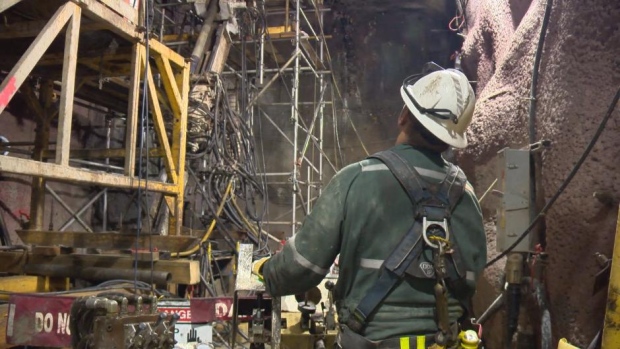Nov 9, 2017
Cameco’s CEO sees no compelling reason to invest 'even a dime' in new production

Cameco Chief Executive Officer Tim Gitzel can’t imagine a reason to pump money into new production until uranium prices post a meaningful recovery. In an interview on BNN following the company’s decision to suspend operations at a pair of Saskatchewan facilities, Gitzel said fresh investment simply doesn’t make sense at these depressed levels.
“There is no compelling reason at all for us to invest even a dime in any new production,” he said.
The suspension of operations at the McArthur River mine and Key Lake processor are expected to last at least 10 months, and will temporarily put 845 of the facilities’ 1,055 employees out of work. The remainder will be kept on to maintain the facilities in a safe shutdown mode.
Gitzel said the suspension, along with Cameco’s decision to slash its annual dividend 80 per cent to $0.08 per share was necessary to help preserve the miner’s fortunes further down the line.
“If indeed the future is lower for longer, we want to be ready for that,” he said. “Our obligation is to keep our company viable and sustainable for the long term, and that’s what we’re doing with this move.”
It’s not the first time Gitzel has had to suspend a producing mine in the face of persistently low prices, after it shut down Rabbit Lake in northern Saskatchewan more than a year ago, cutting 500 jobs.
While uranium prices have languished in the US$20 per pound range for the last several years after demand fell in the wake of the Fukushima disaster in 2011, Gitzel said prices simply can’t stay this low forever.
“The market has to improve. Clearly, it’s not sustainable at the levels it’s at now,” he said. “We need to see higher prices.”



